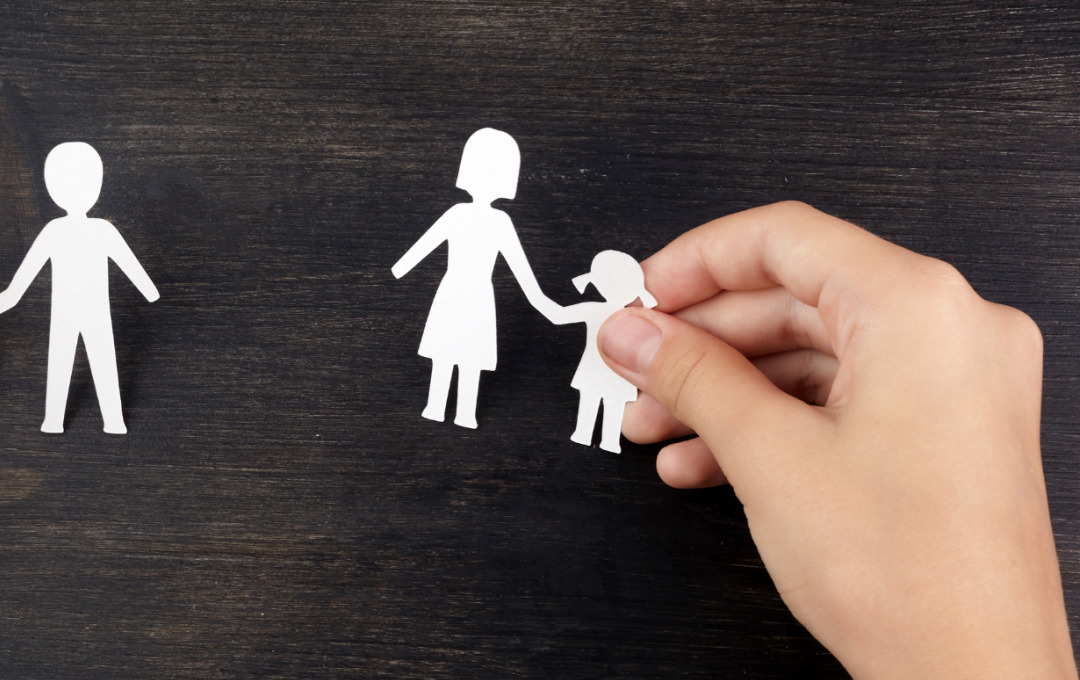LEARNING FROM COVID: The distance Covid brought

As part of our blog series exploring the issues that Covid exposed and the ways to use those experiences to create positive change, Senior Key Worker Lesley Frame Whitelaw discusses how isolation hit particularly hard for the families she works with at our HMP Addiewell Visitor Centre.
In the two years since we first went into lockdown, almost all of us have struggled with being separated from loved ones, being unsure what’s coming, and feeling overwhelmed and alone. But for the families we work with at HMP Addiewell with loved ones in prison, the impacts have been even more pronounced.
In our Addiewell visitor centre, we work every day with families separated from someone they love. They might still be trying to process or to explain to their kids what’s happened, they’ve very often been thrown into financial and social stresses, and many are trying to navigate the trauma of a life turned upside down. For the tens of thousands around Scotland with a parent or partner in prison, this has been a reality since well before the pandemic.
But Covid brought new complications to the table – new challenges, and new approaches to support. And, looking back on two years of change and forward to an uncertain future, I really hope we can learn from how the pandemic impacted people in some of the most vulnerable times of their lives.
Prison always makes it harder to connect. When you only talk over the phone, and meeting face to face means a day of travel and waiting just to see each other for a short period in a room full of other people, it can be hard for anyone to get the support they need from each other, to know what’s happening and be part of each others’ lives. A lot of our work is focused on tackling this distance. Both those in prison and their families benefit hugely from having the space and support to be part of each others’ lives – parents and children feel less alone and are more supported to put their lives back together, and for those in prison, it improves their mental health and reduces their chance of reoffending when they can maintain these vital relationships.
But during Covid, these barriers got even higher, and at times they’ve seemed insurmountable. For several long periods in the past two years, in-person visits have been impossible, meaning people have been unable to see their loved ones face to face. Even when things opened up slightly in 2020 and 2021, travel restrictions meant the vast majority of families we work with, who lived outwith the West Lothian area weren't allowed to travel for visits. As we started to come out of lockdown, in-person visits were stopping and starting at short notice, sometimes restarted and cancelled within a few days.
There have also been months at a time where inmates were confined to their cells to prevent infection, which meant that they couldn’t even reach the communal phones to call home. Early on, inmates were given mobiles and provided with managed bursts of phone signal wing by wing. But this brought its own problems – people had no control over when in the day they’d have signal to call home. Some ended up calling their young children at lunchtime to read them a bedtime story, just because that was the only time they could get through.
Communication since the pandemic hit has often been chaotic and unreliable. All of us remember the stress of the last two years, but for the families we work with, the uncertainty of being able to reach their loved one in prison – would they be able to visit? When could they hear from them again? Were they sick, or even dying? - stacked more distress into an already overwhelming year.
Both the prison and our team in the Visitor Centre worked hard to make communication more stable. Every cell has a landline phone now, so people can call at a time that works for them. The digital visits programme which was rolled out last year across Scotland meant that people could see their loved ones’ faces even if they couldn’t do in-person visits, and we’ve been able to offer devices and WiFi to families who needed them through Connecting Scotland, which have allowed people to call from home. The devices got in right before Christmas 2020, and I still think fondly about how that last-minute gift let kids share Christmas with their dads.
We’ve been able to make measurable change to the isolation faced both by prisoners and their families during this crisis and, fingers crossed, we’re now back into a reliable cycle of in-person visits, and people can again rely on being able to travel. But separation is still a constant struggle for many people we’re working with.
All of us, regardless of where we live, or who with, have come to understand what isolation means over the past two years. But for thousands around Scotland, that separation isn’t new. Around 27,000 children have a parent in prison, and tens of thousands more people are separated from children, partners, siblings and loved ones. We can’t close the gap completely, but we can offer support, empathy and, when it’s needed, a shoulder to cry on.
If there’s a lesson we can take from Covid, it’s that being separated from your loved ones is brutally painful. I hope that can help us take a more empathetic approach to people dealing with the impact of incarceration, whether they’re inside or outside. All of us fall down sometimes, but if our communities can offer us support and understanding, reach out when we’re struggling, and help us build resilience and get through tough times, we’re much more able to come out the other side.